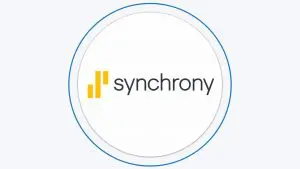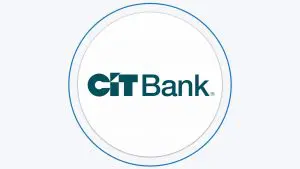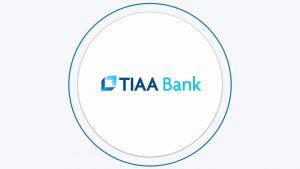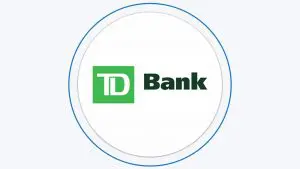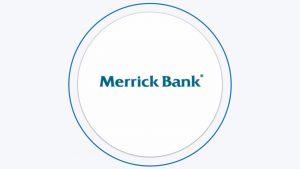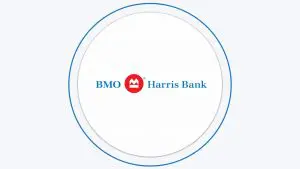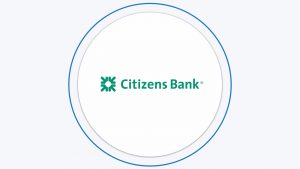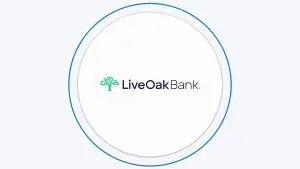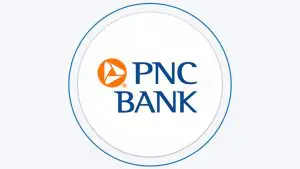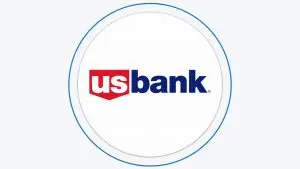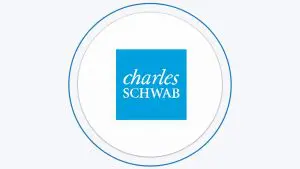Table Of Content
Before putting your money into Certificates of Deposit (CDs), it's essential to consider various factors to ensure you make informed financial decisions. Here are nine things you should know before investing in CDs:
1. What are CDs?
Certificate of Deposit (CD) is a type of financial product offered by banks and credit unions. It is a time deposit, meaning you deposit a specific amount of money with the financial institution for a fixed period, known as the term or maturity period.
In return for depositing your money for this fixed term, the bank pays you a predetermined interest rate, typically higher than what you would earn with a regular savings account.
Interest rates on CDs are generally fixed for the duration of the term. If you invest when rates are low, you're protected from rate decreases during your CD's term.
2. Maturity Period
The maturity period is the length of time for which you agree to keep your money in the CD. It can vary, typically ranging from a few months to several years. The most common maturity periods are 6 months, 1 year, 2 years, and 5 years, but other durations are also available depending on the financial institution.
During the maturity period, you cannot withdraw the money without facing penalties, except in exceptional cases where early withdrawal might be allowed.
At the end of the maturity period, the CD “matures,” you can withdraw the initial deposit along with the interest earned or roll it over into a new CD.
Sign Up for
Our Newsletter
3. Early Withdrawal Penalty
An early withdrawal penalty for a CD is like a fine imposed by the bank if you take out your money from the CD before the agreed-upon date.
The bank charges this penalty to encourage people to keep their money in the CD until it reaches its full term. If you take the money out early, it can disrupt the bank's plans to use that money for loans and other activities. The exact penalty amount depends on the bank and the CD's terms, but usually, it's a portion of the interest you would have earned or a few months' worth of interest.
Here are some examples of early withdrawals fees of different banks and credit unions for 1-year CD:
Financial Institution | Early Withdrawal Penalty For 12 Months CD APY |
|---|---|
Synchrony Bank | 90 days of interest
|
Capital One Bank
| 3 months of interest
|
Discover Bank
| 6 months of interest
|
PenFed Credit Union | 365 days / 30% of dividends
|
Sallie Mae | 90 days of interest
|
TIAA Bank
| 25% of total interest |
Live Oak Bank | 90 days of interest |
LendingClub | 100% of total interest |
Ally Bank
| 60 days of interest
|
Marcus | 180 days of interest
|
Merrick Bank | 180 days of interest
|
Citibank | 90 days of interest
|
Overall, among the banks CDs with low early withdrawal fees, you can find Ally Bank, Synchrony Bank, and Capital One.
4. CD Laddering Strategy
CD laddering strategy is a financial approach that involves spreading your funds across multiple CDs with varying maturity dates.
Instead of investing a lump sum of money into a single CD with a fixed term, you split your funds into equal portions and invest them in multiple CDs with varying maturity dates. For example, you could invest in CDs with 1-year, 2-year, 3-year, 4-year, and 5-year terms.
By diversifying your investments, you can optimize interest rates and minimize risks associated with rate fluctuations. This strategy provides regular income through staggered maturities, ensuring liquidity and the option to reinvest at higher rates.
It offers a conservative, low-risk approach to savings, suitable for individuals seeking steady returns while maintaining access to a portion of their funds. Overall, banks with a variety of terms are good candidates for CD laddering.

5. CD Types
Besides the traditional CD, there are several common types of CDs that financial institutions offer to cater to different needs and preferences. Here are some common CD types:
Jumbo CDs: Jumbo CDs are high-value certificates of deposit that require a larger initial deposit than regular CDs. They typically offer higher interest rates due to the larger sum of money invested.
Callable CDs: Callable CDs can be redeemed by the issuing bank before their maturity date. While they may offer higher interest rates, the bank has the right to “call back” the CD after a specific period, potentially leaving the investor to reinvest at a less favorable rate.
Bump-up CDs: Bump-up CDs give investors the option to request a one-time increase in the interest rate during the CD's term. This allows investors to take advantage of rising interest rates if they occur.
No-penalty CDs: No-penalty CDs provide flexibility by allowing early withdrawal without incurring a penalty. Investors can access their funds without losing the interest earned up to that point.
IRA CDs: These CDs are specifically designed for Individual Retirement Accounts (IRAs). They offer tax advantages, making them a popular choice for retirement savings.
6. Grace Period And Automatic Renewal
As the CD approaches its maturity date (the end of its term), the bank will typically notify you in advance. This notification usually arrives through a written notice or electronic communication. When the CD matures, you have several options:
- Automatic Renewal: If you take no action, the CD will automatically renew for another term, often with the same duration (e.g., another 1-year CD) and the prevailing interest rate for that term. The new rate may be higher or lower than the rate on the original CD.
- Withdrawal: If you want to access the funds, you can choose to withdraw the money, including the interest earned. This can be done either partially or in full.
- Change Terms: Some banks allow you to change the term or other parameters of the CD upon renewal, depending on their policy.
To provide flexibility, many banks offer a grace period, usually around 10 to 14 days, during which you can make changes or withdraw your funds penalty-free after the CD has automatically renewed.
If you decide not to withdraw the funds or change the terms during the grace period, the bank will send you a renewal confirmation, which confirms the new term, interest rate, and any other relevant details.
Therefore, It's essential to pay attention to the maturity date of your CDs and the terms of automatic renewal. While automatic renewal can be convenient if you want to keep your funds invested, it may not always offer the best interest rate.
7. Comparison Is A Key To Maximize Earnings
CD comparison is a key step to maximize earnings because it allows you to find the most favorable terms and interest rates for your investment. By comparing various CDs offered by different banks and financial institutions, you can identify opportunities to optimize your returns.
Keep in mind – different banks offer varying interest rates on their CDs. You can select the CD that provides the highest rate for your desired term by comparing rates. Even a small difference in interest rates can significantly impact your earnings over the CD's term.
Before finalizing your decision, you should converse with your existing bank to explore the available options they offer. As you already maintain a relationship with them, they may be inclined to retain your funds and provide competitive interest rates. Moreover, this presents an opportunity for negotiation based on the rates you've researched.
For example, here are the rates for 6-month CDs at different institutions. As you can see, there is a difference between them:
Financial Institution | 6 Months CD APY |
|---|---|
Synchrony Bank
| 5.15% |
CIT Bank | 3.00% |
Capital One Bank
| 4.35% |
Discover Bank
| 4.25% |
PenFed Credit Union | 3.00% |
Sallie Mae | 4.80% |
TIAA Bank
| 4.00%
|
Live Oak Bank | 4.80% |
LendingClub | 5.00% |
Ally Bank
| 4.40% |
Marcus | 4.80% |
Merrick Bank | 5.25% |
8. Interest Is Taxable
CD interest is generally taxable as income at the federal level and, in most cases, at the state level as well. The interest earned on a Certificate of Deposit is considered part of your taxable income for the year in which it is credited or paid, even if you don't withdraw the interest.
If you hold the CD within a tax-advantaged account like an Individual Retirement Account (IRA) or a Roth IRA, the interest earned is not immediately taxable. Instead, taxes are deferred until you make withdrawals from the account.
9. FDIC/NCUA Insurance
Regardless of whether you choose a bank or a credit union for your CD investment, it's essential to confirm that the institution is FDIC or NCUA-insured, respectively.
Both types of insurance provide the same standard coverage of up to $250,000 per depositor, per institution, for each account ownership category. This protection ensures that your deposits in CDs and other qualifying accounts are safeguarded in case of financial difficulties at the institution.
To maximize your coverage, you can spread your deposits across different banks or account ownership categories. For instance, if you have more than $250,000 in total CDs, you could open CDs at different FDIC-insured institutions to ensure that each account is separately insured.
FAQs
Are CDs safe investments?
Yes, CDs are generally considered safe because they offer fixed interest rates and are insured by the FDIC up to $250,000 per depositor per institution.
Are CDs a good option for long-term investments?
CDs are suitable for short to medium-term investments but may not be the best choice for long-term growth due to lower potential returns compared to other investments like stocks or bonds. But, this is a personal consideration based on financial goals and other aspects.
How do I open a CD account?
To open a CD, visit a bank or credit union, provide the required documents, decide on the term and amount, and complete the account opening process.
Can I add more money to an existing CD?
No, once you open a CD, you can't add more money until it matures. However, you can open a new CD with additional funds.

